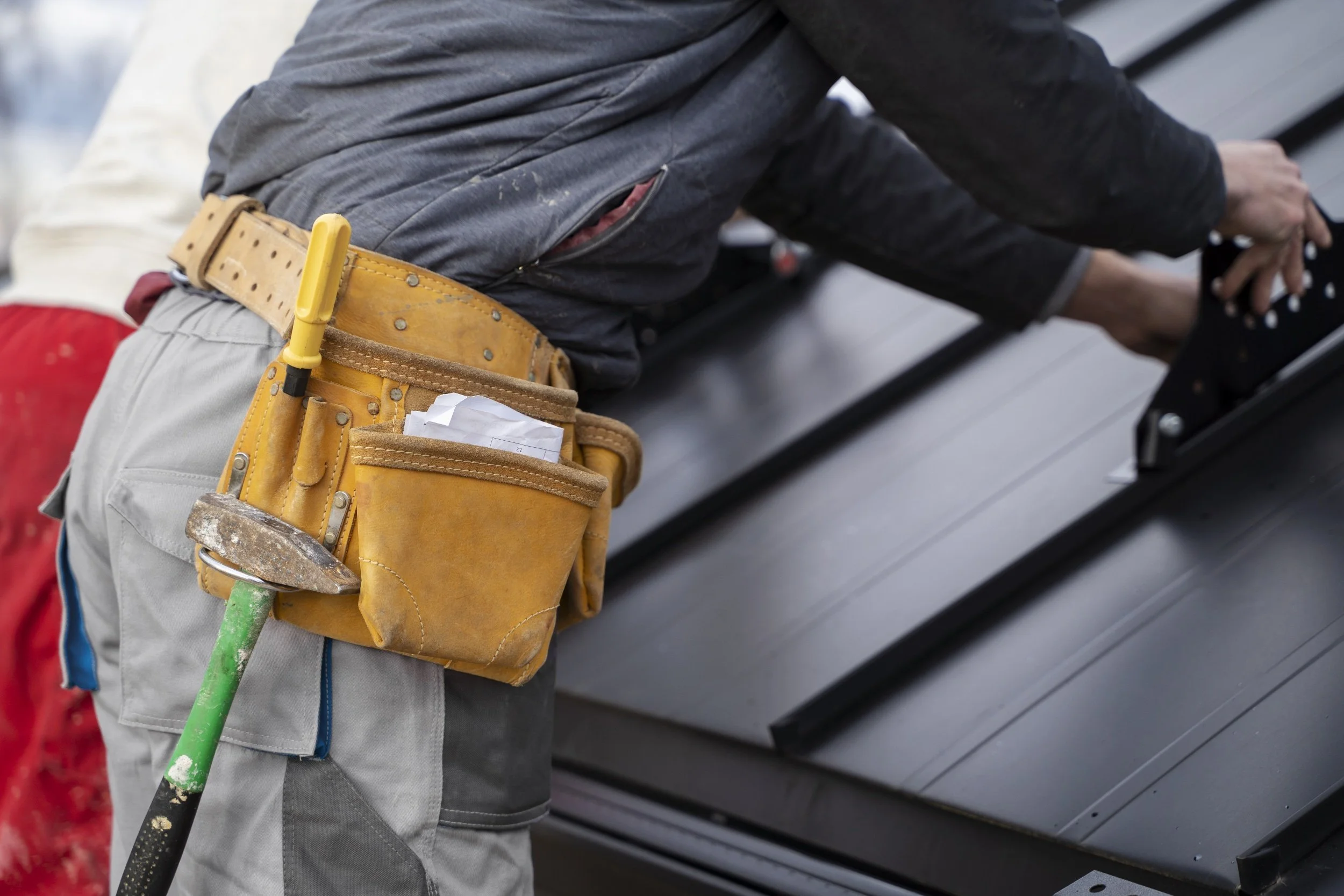Climate Control Innovations: The Future of Home Comfort Systems
Modern technology, the Internet of Things (IoT), and automation are changing the standard of home comfort. Today’s homeowners expect optimal, controllable comfort that reduces energy use and helps control costs. Climate control innovations are also becoming important in business environments, including public or commercial buildings and overnight rentals.
Here are a few things to expect with the future of home comfort systems:
More Efficient Heating and Cooling Products
HVAC systems continue to get more and more efficient. Future HVAC goals include sustainability and the use of smart technologies across both heating and cooling structures. A focus on environmental preservation, specifically innovative HVAC materials that automate and make things more efficient are important in today’s times.
Environmentally Friendly Products
Heating and cooling systems haven’t just gotten more efficient but are also more environmentally friendly. Cooling products are less harmful and toxic to the environment. The EPA’s goal to reduce HFC production and consumption by 85% by 2036 drives much of this goal. However, we can also expect more federal regulations and changes to drive further product and material choices in the industry going forward.
Increased Federal Regulations
Currently, the biggest incentives encouraging homeowners to choose more efficient practices are tax breaks and utility cost savings. The federal government hasn’t yet taken a move to regulate or require more environmentally friendly practices from individual property owners, and probably won’t anytime soon.
However, there are likely to be more regulations and rules surrounding multifamily or commercial buildings. Those who rent out buildings will be required to choose efficient HVAC appliances and regularly maintain them. Landlords, commercial business owners, and property managers will also need to stay updated on the recent federal and state regulations.
More Automation
The world is also likely to notice more automation when it comes to eco-friendly practices. We already have smart thermostats that help maximize energy while controlling utility costs.
However, more automated systems as a whole will be the future of the HVAC industry, too. Of course, IoT systems also make it easier for property owners to access their home or business settings remotely. The ability to make adjustments based on weather patterns, even when a homeowner is not physically present, can be a big deal.
Additionally, the opportunity for professionals or automated data analyzers to adjust based on collected information can result in almost perfect efficiency ratings for both residential and commercial property owners.
IoT and Comfort Systems
The Internet of Things or IoT, will help us develop better and more efficient systems. Whether designing energy-efficient high rises or creating new single-family heating and cooling solutions, the fast data collection and analysis available with IoT will drive a lot of the expected change.
IoT will also help property owners solve unique problems. The ability to review tenant usage or average weather patterns can help design buildings that better accommodate the ongoing climate changes. These IoT systems will become especially important in highly populated tourist destinations at risk of climate change.
An Increase in Eco-Friendly Businesses
As technology brings more eco-friendly products and stricter regulations require better equipment, there will be an increased need for HVAC technicians with specialized knowledge.
Currently, Texas HVAC license requirements don’t require contractors to learn or keep up-to-date on climate change in the industry. Taking the initiative to learn these things now could help HVAC technicians earn more business.
Even better, HVAC or general contracting businesses that are making a move now to implement these green-friendly practices in their day-to-day operations are likely to come out ahead. Aspiring or new HVAC technicians are even in a great position to begin expanding their knowledge of these trends.
Efficiency at the Building Level
Energy efficiency requires multiple home components working together. While today’s homeowners can make small changes, including upgrading their HVAC systems, this is only a small portion of the steps required to go green.
Architects and building designers will need to work with laborers to create energy-efficient buildings from the ground up. This means eco-friendly insulation, drywall, flooring, and other home materials. For example, SP2E F-PIR is one of the latest insulation materials in the green environment. When paired with a more efficient HVAC system and automated thermostat, homeowners can make significant changes. Glass designs, breathable walls, and built-in air purifiers are just a few of the latest designs in these spaces.
This also presents a unique business opportunity for existing laborers. General laborers and construction workers may find ample business opportunities to help existing homeowners achieve more environmentally friendly designs. Laborers with an entrepreneurial mindset could even transition these eco-friendly skills into highly specialized careers or business opportunities.
Climate change and a commitment to more eco-friendly practices are driving change in the construction and HVAC industries. More automation, IoT, eco-friendly materials, and specialized knowledge are just a few ways the HVAC industry can become more green-friendly. Federal regulation changes and modern technology will continue driving the world toward more environmentally friendly footprints.






